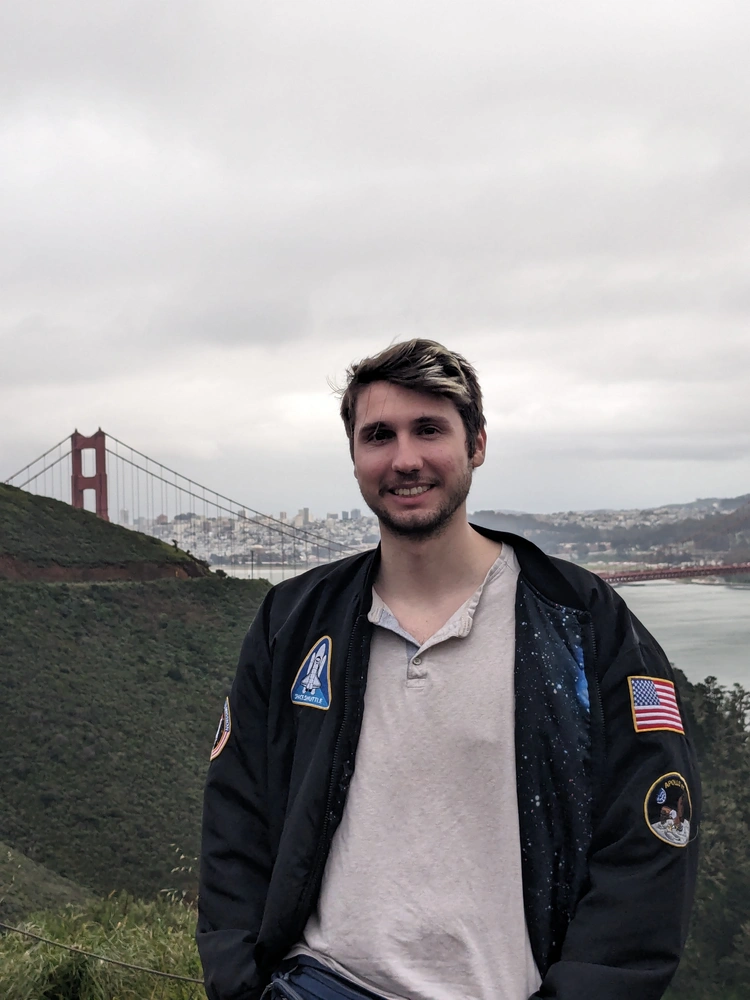
NASA has awarded $1 million to DeepDISC-Euclid, a groundbreaking interdisciplinary research project spearheaded by the Department of Astronomy at the University of Illinois Urbana-Champaign. This innovative project was significantly driven by graduate student Grant Merz, whose leadership and key contributions have been instrumental in developing the foundational deep learning framework, DeepDISC.
Under the guidance of Principal Investigator Professor Xin Liu, DeepDISC-Euclid addresses one of the most critical challenges of the European Space Agency Euclid mission—the precise detection and classification of blended astronomical objects in deep, multi-band, high-resolution imaging. Merz's groundbreaking work on DeepDISC, leveraging advanced AI techniques such as Transformer-based models and Detectron2, is expected to deliver unprecedented accuracy in object detection, segmentation, and physical inference for precision cosmology.
The DeepDISC-Euclid project uniquely integrates cutting-edge computer vision techniques with extensive astronomical survey datasets, enhancing the scientific potential of the Euclid mission. Co-Investigators Volodymyr Kindratenko, professor of Electrical and Computer Engineering and assistant director of the National Center for Supercomputing Applications, Yue Shen, professor of Astronomy, and Yuxiong Wang, professor of Computer Science, provide essential expertise in computational infrastructure, astrophysical analysis, and machine learning, reinforcing the interdisciplinary nature of the research.
DeepDISC-Euclid exemplifies Illinois Astronomy's commitment to pioneering the intersection of artificial intelligence and astronomy, promoting collaborative research among astronomy, computer science, and data science experts. The project will produce open-source, well-documented software tools to be integrated into the Euclid NASA Science Center's analysis suite, ensuring wide accessibility and significant scientific impact.
Additionally, DeepDISC-Euclid prioritizes the mentorship and professional development of early-career researchers. Structured internships and hands-on training in computational astrophysics and AI-driven research will equip postdoctoral scholars, graduate students, and undergraduates with critical skills aligned with NASA’s strategic objectives and Illinois Astronomy’s educational excellence.